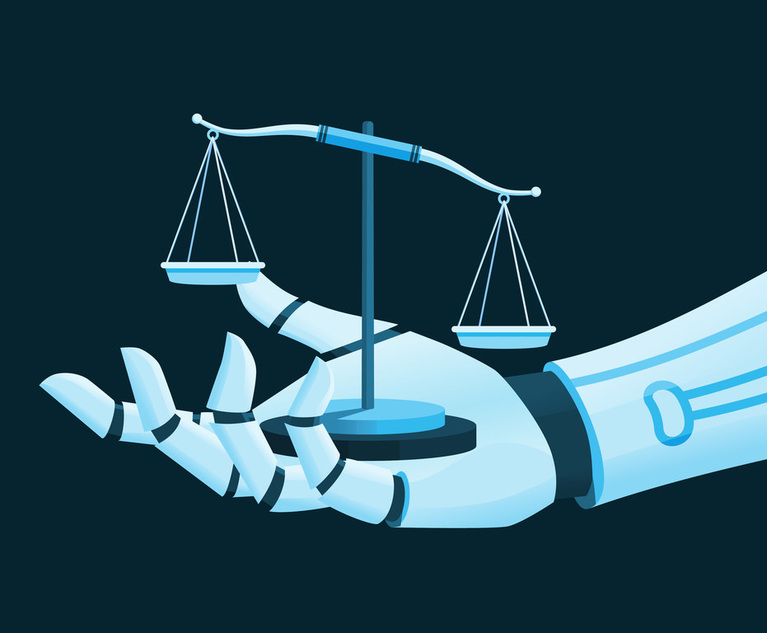The New Jersey Supreme Court Committee on Artificial Intelligence has released interim, preliminary guidelines to remind attorneys of the court’s Rules of Professional Conduct (RPCs) that may be implicated by their use of artificial intelligence (AI). In propounding the guidelines, the Committee acknowledged that the advent of generative AI “has elevated interest in and use of AI” in the legal profession. This elevated use “necessitate[d]” the interim guidance on ethical use of AI, which takes immediate effect. As the Committee learns “more about [AI’s] capacities, limits, and risks,” it plans to develop “more detailed guidelines” at a non-designated future date.
The interim guidelines aim to strike a balance between harnessing the advantages of innovation and mitigating the potential risks of misuse. They do not set forth new obligations, but instead reference specific RPCs implicated in the use of AI for legal tasks, such as directing attorneys to protect client confidentiality while conducting searches on AI systems and guiding what attorneys do and do not need to tell clients about their use of AI in providing legal services. The Committee on Artificial Intelligence consists of private and public lawyers, judges, judiciary leaders, technologists, and experts in academia and media.


 Credit: aniqpixel/Adobe Stock
Credit: aniqpixel/Adobe Stock




